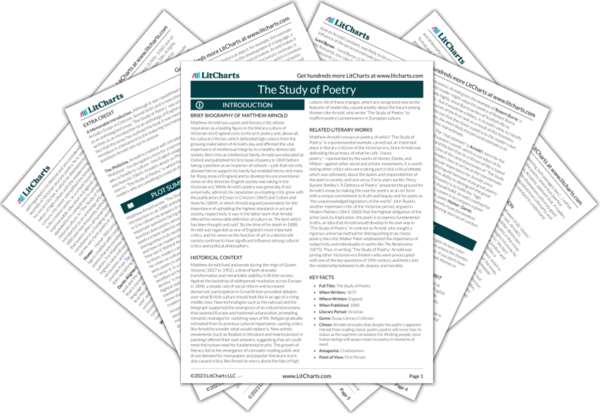Previous
Historic Estimate
|
Previous
Historic Estimate
|
Personal Estimate Term Analysis |
Next
Real Estimate
|
Then, again, a poet or a poem may count to us on grounds personal to ourselves. Our personal affinities, likings, and circumstances, have great power to sway our estimate of this or that poet’s work, and to make us attach more importance to it as poetry than in itself it really possesses, because to us it is, or has been, of high importance. Here also we over-rate the object of our interest, and apply to it a language of praise which is quite exaggerated.
